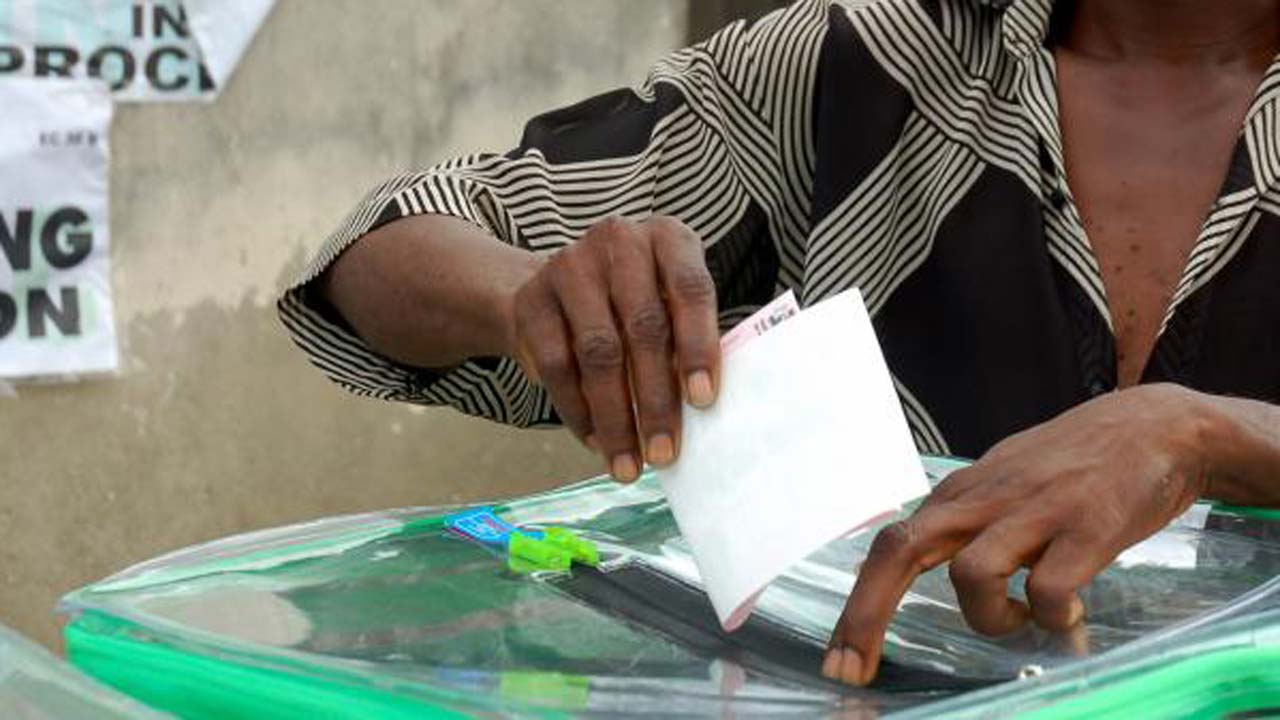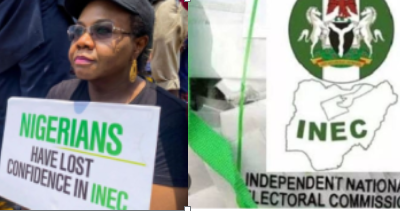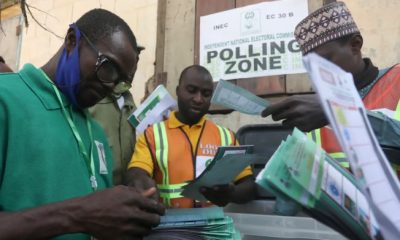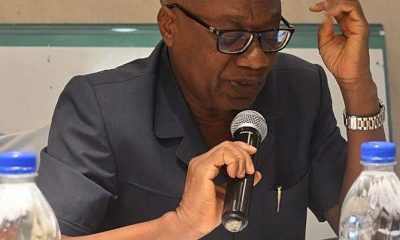The Institute for Peace and Conflict Resolution (IPCR) in collaboration with two other partners, has made case for citizens’ rights to participate in peaceful and violence-free elections in Nigeria in 2023.
The other partners are King Abdullah Ibn Abdulaziz International Centre for Interreligious and Intercultural Dialogue (KAICIID) and the Nigerian Institute for Advanced Legal Studies (NIALS).
Director General of IPCR Dr Bakut Bakut made this known on Thursday in Abuja during a Policy Review Meeting of the Network of Policymakers to Support Reconciliation, Peace and Security in Nigeria.
According to him, the activities geared towards the 2023 general election are in great velocity with political actors towing towards the same old path of violence, manipulation and weaponisation of ethnic, religious, regional and sectional fault lines.
“As stakeholders in the peace, security and development sector, we must engage the political and election space with our tools for peace re-engineering.
“We must patiently roll up our sleeves to jump into the field and insist that the political and electoral space should remain as peaceful as possible.
“This is very important because existing threats to peace and security in the country are enough challenge to peaceful and violence free election for anyone to add to them,” Bakut said.
He said that by signing the new Electoral Act 2022, President Muhammadu Buhari had matched commitment with action for peaceful, violence-free, and credible elections.
“The Act that was signed contains far-reaching innovations to curtail election malpractices and irregularities.
“We must take advantage of the President goodwill and posture to ensure that Nigerians elect their political leaders in an atmosphere that is devoid of violence, hate speeches, fake news, manipulation, intimidation, and ill feelings.
“Nigerians deserve the right to participate in a peaceful and violence free election and that is the minimum benchmark.
“We must eschew acts that will amount to enabling the environment for terrorist, criminal and violent extremist groups taking advantage of the situation to kill and maim citizens as well as scuttle our hard-earned democracy, liberty and development,” he said.
Prof. Joseph Atang, Country Representative of KACIID, in his speech said that policymakers and religious leaders had crucial roles to play in ensuring sustainable peace in the country.
According to him, there is a connection between peace building and policy especially because many conflicts and crises are rooted in policy formulation, implementation, monitoring, and evaluation.
“Policy related challenges include lack of policy, inadequate or inappropriate policy, refusal to implement good policy, defective implementation of good policy,
“The failure to monitor and evaluate policy implementation and the best peace building outcomes are “ceasefires” or sweeping the conflict under the carpet.”
“Sweeping conflict under the carpet does not resolve conflict, it only worsens it.
“Religious leaders already have the influence in their churches or Mosques to sensitise their congregations on the need for peaceful coexistence irrespective of who wins,
“This congregations encompasses both governments officials, masses and everyone in general which provide and avenue for the religious leaders to shape their views and opinion on peace.
“So we believe that for conflict to be resolved for sustainable peace, we have to work with policy makers and religious leaders to provide alternative sources of justice and livelihood for the people,” Atang said.
Prof. Muhammed Ladan, Director General, NIALS expressed appreciation to the institute for organising the meeting at a crucial time.
Ladan noted that the outcome of the meeting will go a long way towards providing security in the country.
“We believe that this is a welcome approach and we will do everything needed to see that whatever policy that is coming out of this meeting in terms of legal framework or commitment is achieved.” Abikan said.

 Entertainment7 days ago
Entertainment7 days ago
 Entertainment4 days ago
Entertainment4 days ago
 Comments and Issues6 days ago
Comments and Issues6 days ago
 Business7 days ago
Business7 days ago
 Comments and Issues6 days ago
Comments and Issues6 days ago
 Health1 week ago
Health1 week ago
 Health5 days ago
Health5 days ago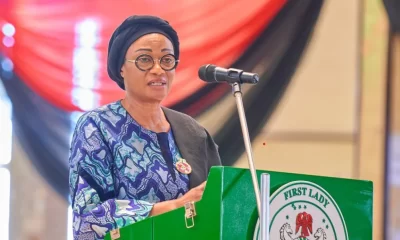
 Editorial Opinion1 week ago
Editorial Opinion1 week ago
